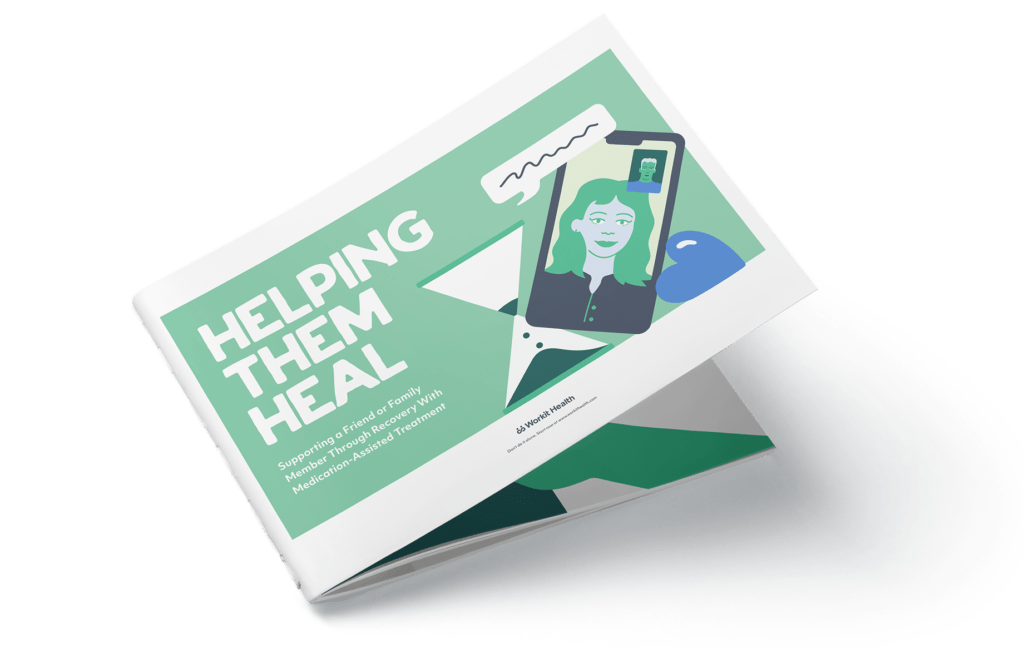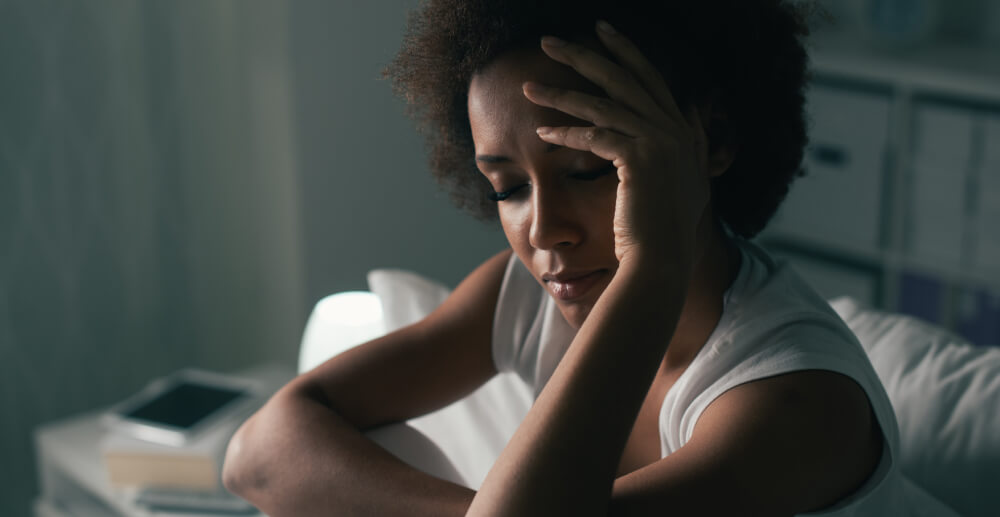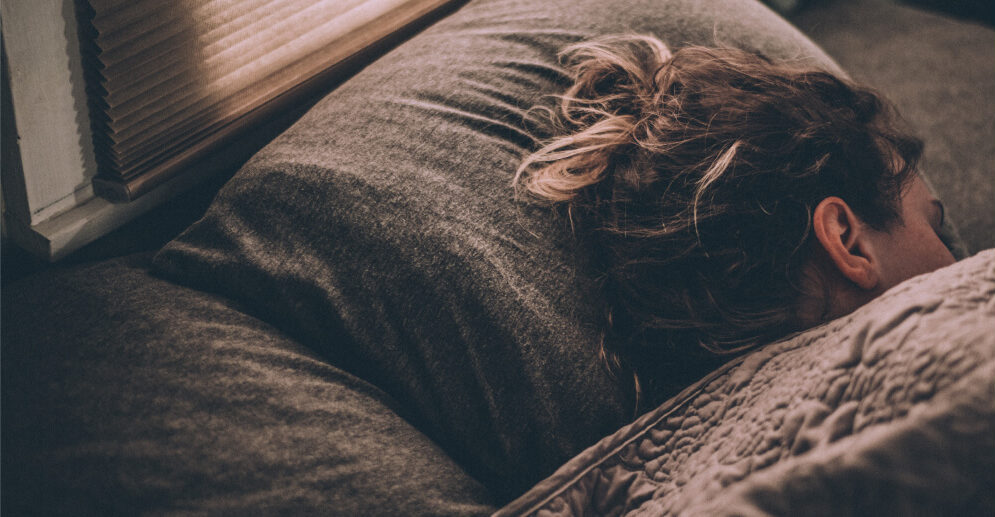There were difficulties leaving heroin behind, but nothing that compared to the victories of giving it up.
Heroin was my best friend. It was something I couldn’t live without, something that would replace anything or anyone in my life at any given time. Even though it tore my life apart limb from limb—made me lose friends, family, dignity, and self-respect—I still had to have it. Until I didn’t. When I was using heroin, I couldn’t imagine making the journey to recovery and sobriety. There were difficulties leaving heroin behind, but nothing that compared to the victories of giving it up.
My story began when I was around thirteen years old and addicted to methamphetamines. My life had only just begun, and I found myself chained to a substance I couldn’t control. Combined with puberty, my meth use was completely destroying my life. It affected my relationship with my parents and with my best friends. My addiction was totally skewing my dreams, aspirations, and priorities. At the time, I wouldn’t have admitted that I was addicted, or even that I had a “problem” with substances. But I had to get so far out of myself to feel any sort of normalcy. From there, things went downhill. As I started to experiment with other substances, at around 18 years old, I finally found the last piece to my puzzle. Opiates. More specifically, heroin.
“I couldn’t even look at myself in the mirror anymore. It got to the point that I removed all the mirrors in my apartment. ”
At first, it was all I needed to have “fun.” I got that warm fuzzy feeling, as if the worries in my life were dissipating. It was the ultimate high, bringing me out of myself and making me the person I thought I could be: happy, content, and in control. When I started using heroin, I didn’t know how bad it could really get. Soon enough, I hated myself. I was socially anxious, had low self-worth and -esteem, and beat myself up about anything and everything. I couldn’t even look at myself in the mirror anymore. It got to the point that I removed all the mirrors in my apartment. Arrests, erratic behavior, and cheating in relationships all became part of my “norm.”
Heroin was the one tool I had to combat the self-created symptoms of being an addict: loneliness, self-loathing, depression, anxiety, and extremely low self-respect and -esteem. Who would give up their only defense against feeling horrible day in and day out? Not me. I wasn’t even fully aware of all the deep-rooted issues I had until I came into recovery. I became a recluse. Being alone was the only way to be sure I wasn’t harming anyone else in my life. The lying, deceit, and manipulation all came as repercussions of using drugs to survive. The times I had tried to stop on my own made me feel that I was much weaker than I had ever imagined. Not taking heroin seemed like trying to live without breathing. It was difficult, to say the least.
“Who would give up their one defense against feeling horrible day in and day out? Not me.”
It can be very difficult to leave behind something that you’ve found comfort in all day, every day. Medicine is used to treat symptoms of disease and sickness. Heroin was what I used to treat my afflictions. Stopping cold turkey only created more problems.
I needed medication for my addiction to help my symptoms of withdrawal. Suboxone was a way out for me. I got an addiction specialist who prescribed me the medication and sought out therapists for my deep-seated issues. I was on a stable path to recovery. Or so I thought. When I started feeling better, I stopped going to my therapist and stopped taking Suboxone. I thought I had beat the addiction and was fully recovered. Like other medications for diseases, we need to take them consistently and appropriately. I was not doing that. Soon enough I landed myself into an inpatient rehabilitation center. I finally got sober.
Although quitting heroin was as difficult as it could possibly get for me, the victories were well worth the struggle. I’ve gained my life back, slowly but surely. Becoming human again, with aspirations, dreams and priorities meant something. I was reborn. How victorious it is to put down the syringe and to say ‘yes’ to life instead of hiding away!
I had to re-learn how to make friends, look people in the eye, apply for a job, have personal relationships, and fulfill my responsibilities. Everything was starting from square one! A little over 25 months ago, I was a shell of a human being, a wasted space, a slave to a white powdery substance. Compared that to what I am now: beautiful, positive, spiritual, and sober. This evolution is what keeps me going in my recovery. I have to admit, considering how bad it got in my active addiction, the victories over it are something special. I will work hard towards them every day of my life. Without those difficulties, the victories wouldn’t feel as good.





